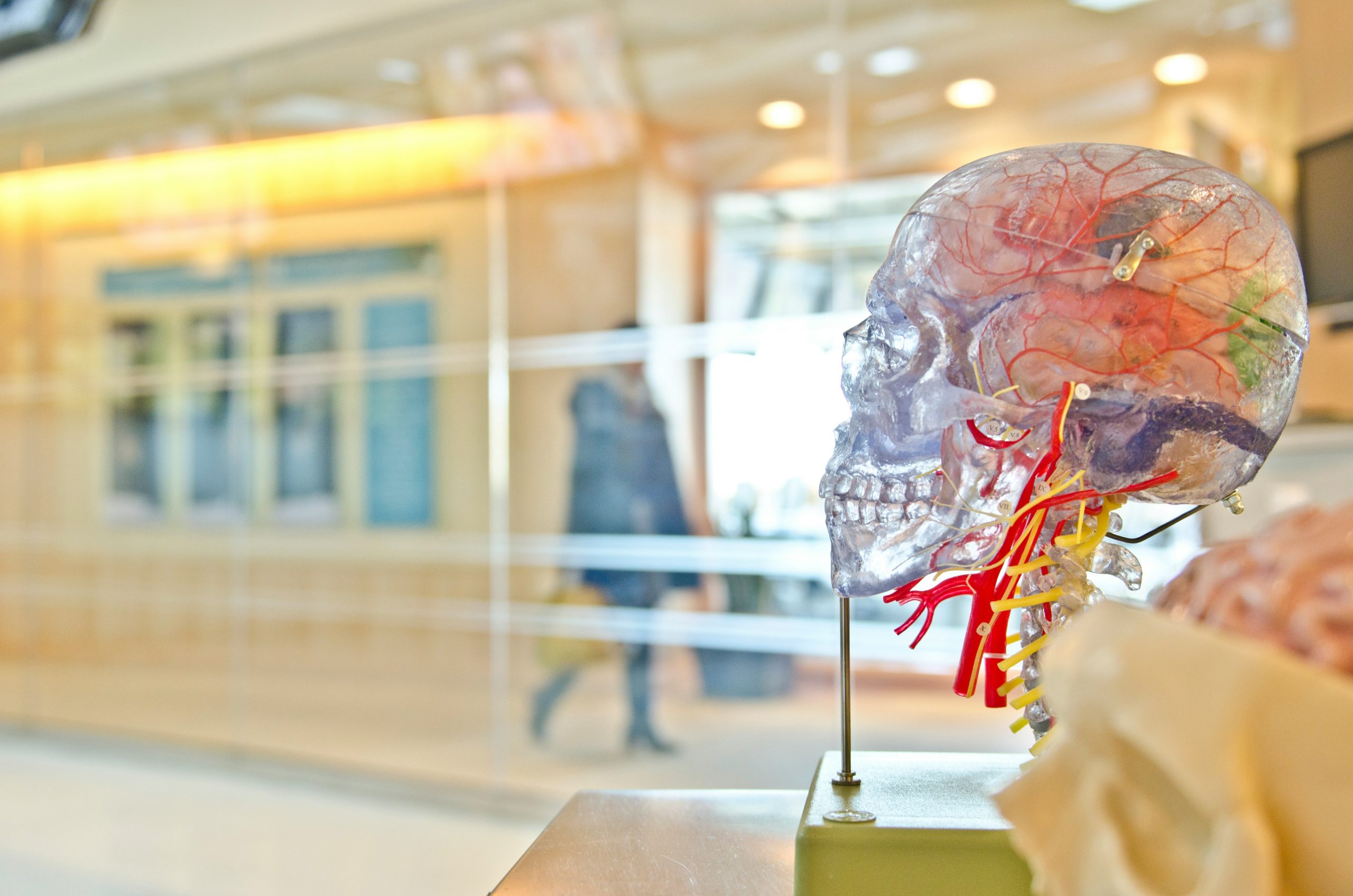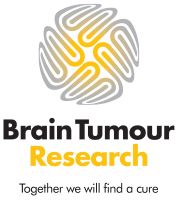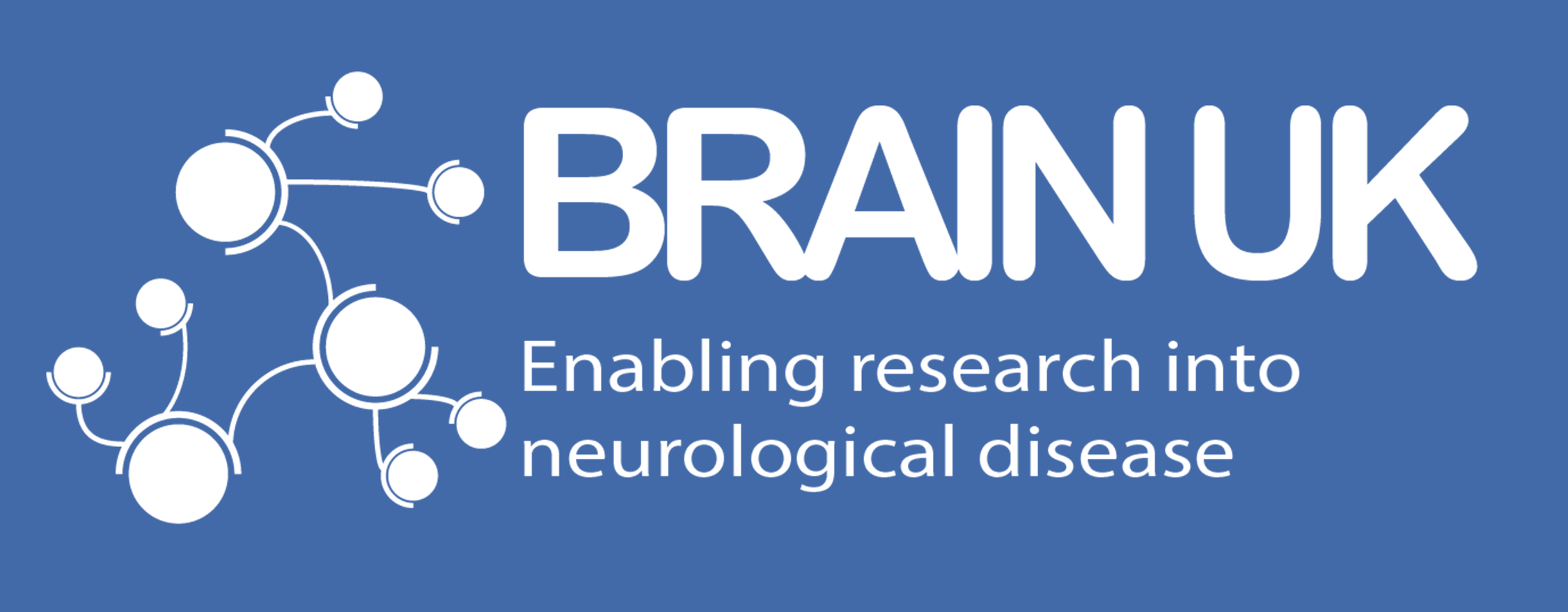
General information
BRAIN UK is a collaboration between NHS Neuropathology Centres across the UK, giving effective coverage of 90% of UK population. Brain Tumour Research and the British Neuropathological Society are currently supporting BRAIN UK.
The British Neuro-oncology Society, Brain Tumour Network, Medical Research Council and National Cancer Research Institute Brain Tumour Clinical Studies Group have provided input into and support for the project.

A brain bank is somewhere that stores brain and sometimes other neurological tissues for the purposes of ethically approved research. BRAIN UK (BRain Archive Information Network UK) is a virtual brain bank, in that it does not store any tissue samples itself but holds the location of where they are stored. In other words, it catalogues them in a centralised database. BRAIN UK’s samples are the tissues left over from diagnosis, either post-mortem or from living patients being operated on (i.e. biopsies). As a result, the tissue samples are located in the NHS archives of our collaborating NHS Neuropathology Centres. The aim is to make these already existing extensive archives available to the research community for high quality neurological research. To date we have access to over 550,000 cases, unlocking thousands of previously hard to access brain samples for researchers throughout the UK. We have ethical approval to grant projects access and use of central nervous system tissue.
These valuable tissue resources contain neurological conditions that do not currently attract dedicated brain bank funding (e.g. stroke) as well as psychiatric disorders (e.g. schizophrenia) and rare disorders (e.g. progressive multifocal leucoencephalopathy). In addition, brain tumour tissue can be difficult for researchers to access, as many types of tumour are rare. However, BRAIN UK aims to catalogue in excess of 450,000 of the stored biopsies that are potentially available to research, helping to support a diverse range of research projects. In addition to tumours, the biopsies include other neurological conditions, peripheral nerve and muscle. Importantly, BRAIN UK also has many disease-free cases useful as controls.
History
BRAIN UK is co-ordinated from the University of Southampton. Initially started in 2009, a collaboration by James Nicoll, at the University of Southampton, and David Hilton, at Plymouth Hospitals NHS Trust. The initiative was funded by the Medical Research Council, to access post-mortem cases. Thanks to the high level of co-operation of Neuropathologists throughout the UK, we could facilitate access to more than 100,000 archived post mortem cases from a wide range of neurological disorders.
Following on from this success, in April 2014, in collaboration with Kathreena Kurian, at University of Bristol, we extended the project to include details of tissue samples taken at operation from living patients (i.e. biopsies). This initiative was led by the brain tumour charity brainstrust and supported by a wider group of brain tumour charities including Charlie’s Challenge, Brain Tumour Research and umbrella group Sophie’s Wish.
To date, we could facilitate access to more than 450,000 archived biopsy cases from a wide range of neurological disorders, which are mostly, but not exclusively, tumour related. This will result in BRAIN UK becoming a very valuable resource for brain tumour research and investigation of other disorders not well represented in the post mortem archive.
